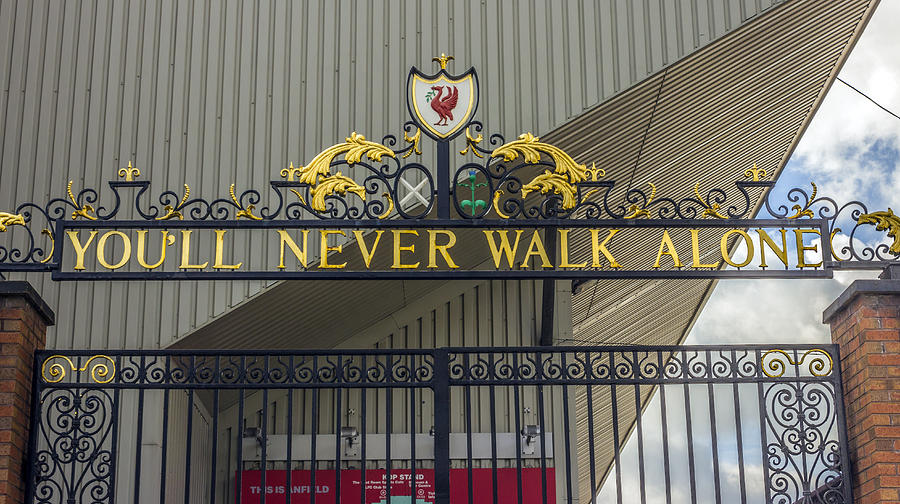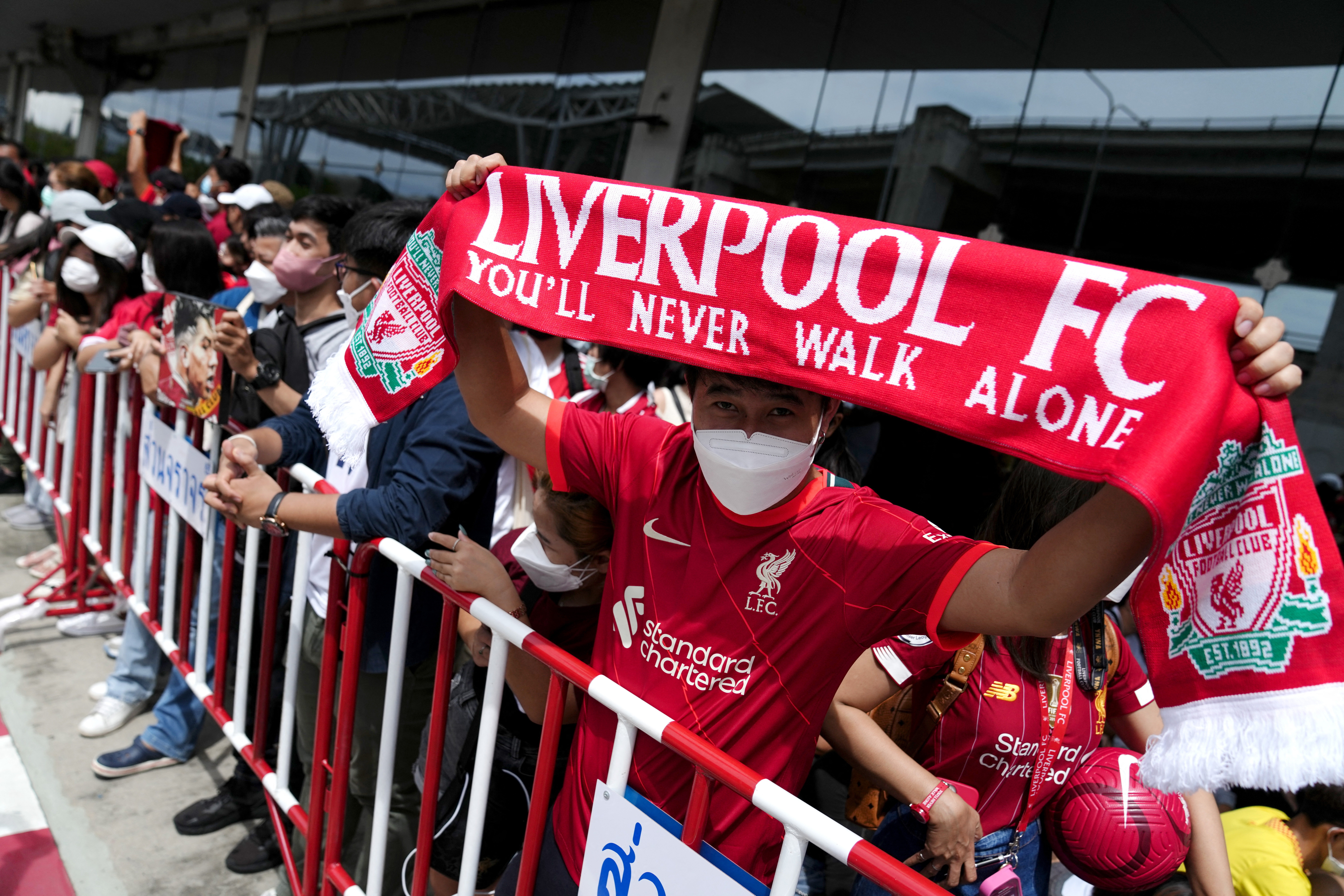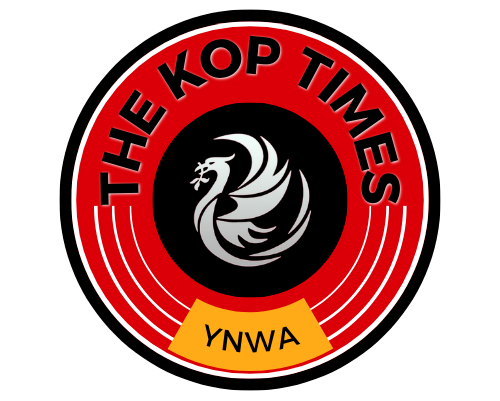Liverpool FC publish accounts for 2022/23 financial year; report £9m pre-tax loss
Liverpool Football Club has reported a £9m pre-tax loss for the 2022/23 financial year, although commercial revenues reached record levels, providing a silver lining amidst the challenges faced.
The official report is available on the club’s website. Despite experiencing a drop in media revenue amounting to £1m and a decline in matchday revenue by £7m year on year, commercial revenues soared by £25m to reach £272m. This significant increase played a crucial role in keeping the club’s overall revenue static at £59m.
The boost in commercial revenues can see themselves attributed to several factors, including the continued growth of partnerships with key entities such as kit manufacturer Nike. Additionally, renewed deals with principal shirt partners Standard Chartered and sleeve partners Expedia concluded during the reporting period, contributed to this uptick.

An Andy Robertson short of breaking even!
Media revenue, on the other hand, declined to £242m, primarily due to Liverpool’s exit from the UEFA Champions League at the last-16 stage, compared to their impressive run to the final during the previous reporting period. Similarly, the reduction in matchday revenue was a result of fewer home games played, stemming from early exits from various competitions including the Champions League, FA Cup, and Carabao Cup.
However, it’s important to note that these losses are not indicative of a long-term trend. They are largely attributable to two main factors: Liverpool’s absence from the UEFA Champions League and the expansion of the Anfield Road stand at the club’s home ground. These are non-recurring expenses, meaning that the financial setback experienced in the 2022/23 season is temporary in nature.
Despite these financial challenges, Liverpool remains a powerhouse in the global football landscape, boasting the title of the most-watched team worldwide over the past five seasons, with an average broadcast audience exceeding 724 million per season [ECHO]. This staggering reach underscores the club’s enduring appeal and global fanbase.

The club’s wage bill increased marginally from £366m to £373m, with notable signings during the period including Darwin Nunez and Cody Gakpo. Additionally, Liverpool secured 12 contract extensions, with Mohamed Salah’s new deal standing out as a landmark agreement, making him the highest-paid player in club history.
More Liverpool News
- Jurgen Klopp ‘100 percent’ sure that Liverpool will build upon his foundations in the years to come
- Jurgen Klopp confirms that Liverpool star Ryan Gravenberch stands set for a spell on the sidelines
- Liverpool star Joe Gomez full of praise for the Reds fans at Wembley
Apart from successful negotiations with commercial partners, the club’s commercial revenue received a boost from activities such as the pre-season tour of Thailand and Singapore. However, Liverpool has also highlighted the significant rise in administrative expenses in recent years, reaching £562m from £320m, underscoring the growing operational costs faced by the club.
These financial dynamics underscore the challenges and opportunities inherent in modern football economics, as clubs navigate the delicate balance between revenue generation, player salaries, and operational costs. Despite the financial headwinds, Liverpool remain steadfast in their commitment to sustained success both on and off the pitch, leveraging the position of a global brand and passionate fanbase.

